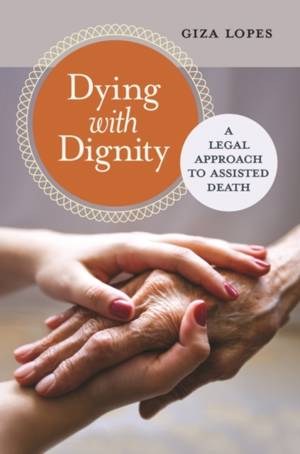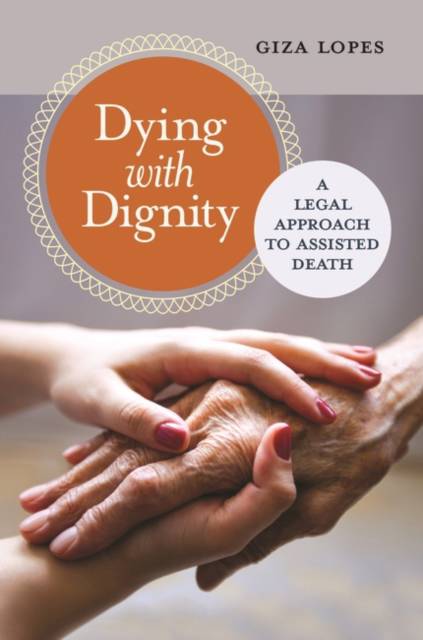
- Retrait gratuit dans votre magasin Club
- 7.000.000 titres dans notre catalogue
- Payer en toute sécurité
- Toujours un magasin près de chez vous
- Retrait gratuit dans votre magasin Club
- 7.000.0000 titres dans notre catalogue
- Payer en toute sécurité
- Toujours un magasin près de chez vous
Description
Providing a thorough, well-researched investigation of the socio-legal issues surrounding medically assisted death for the past century, this book traces the origins of the controversy and discusses the future of policymaking in this arena domestically and abroad.
Should terminally ill adults be allowed to kill themselves with their physician's assistance? While a few American states--as well as Holland, Switzerland, Belgium, and Luxembourg--have answered "yes," in the vast majority of the United States, assisted death remains illegal. This book provides a historical and comparative perspective that not only frames contemporary debates about assisted death and deepens readers' understanding of the issues at stake, but also enables realistic predictions for the likelihood of the future diffusion of legalization to more countries or states--the consequences of which are vast. Spanning a period from 1906 to the present day, Dying with Dignity: A Legal Approach to Assisted Death examines how and why pleas for legalization of "euthanasia" made at the beginning of the 20th century were transmuted into the physician-assisted suicide laws in existence today, in the United States as well as around the world. After an introductory section that discusses the phenomenon of "medicalization" of death, author Giza Lopes, PhD, covers the history of the legal development of "aid-in-dying" in the United States, focusing on case studies from the late 1900s to today, then addresses assisted death in select European nations. The concluding section discusses what the past legal developments and decisions could portend for the future of assisted death.Spécifications
Parties prenantes
- Auteur(s) :
- Editeur:
Contenu
- Nombre de pages :
- 272
- Langue:
- Anglais
- Collection :
Caractéristiques
- EAN:
- 9781440830976
- Date de parution :
- 28-04-15
- Format:
- Livre relié
- Format numérique:
- Genaaid
- Dimensions :
- 155 mm x 236 mm
- Poids :
- 566 g

Les avis
Nous publions uniquement les avis qui respectent les conditions requises. Consultez nos conditions pour les avis.






